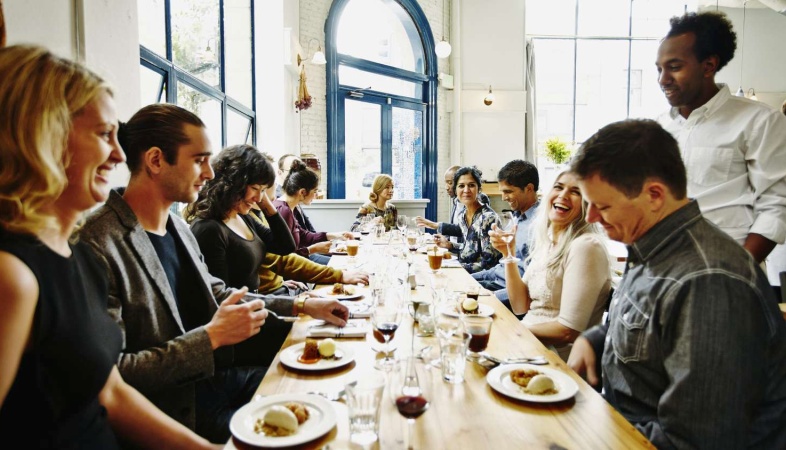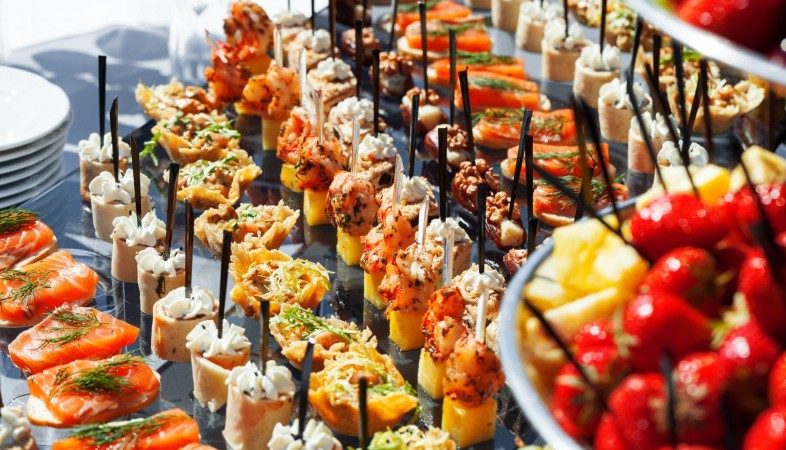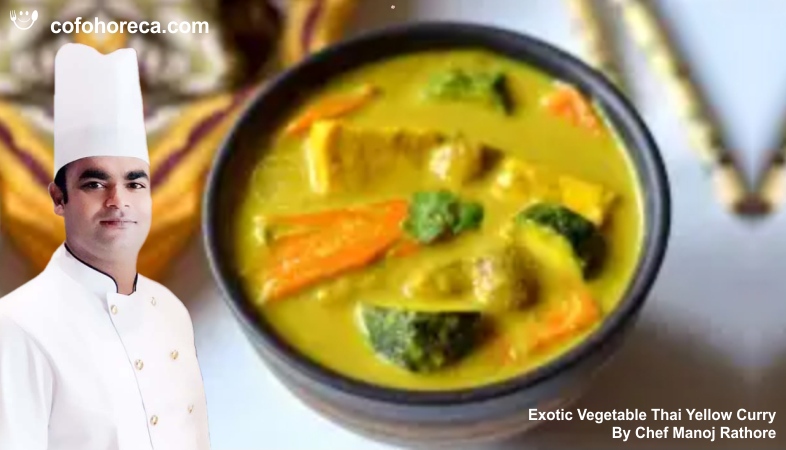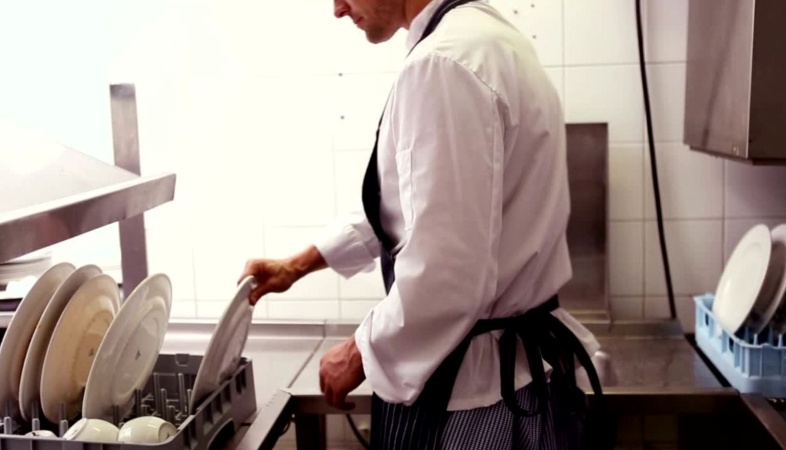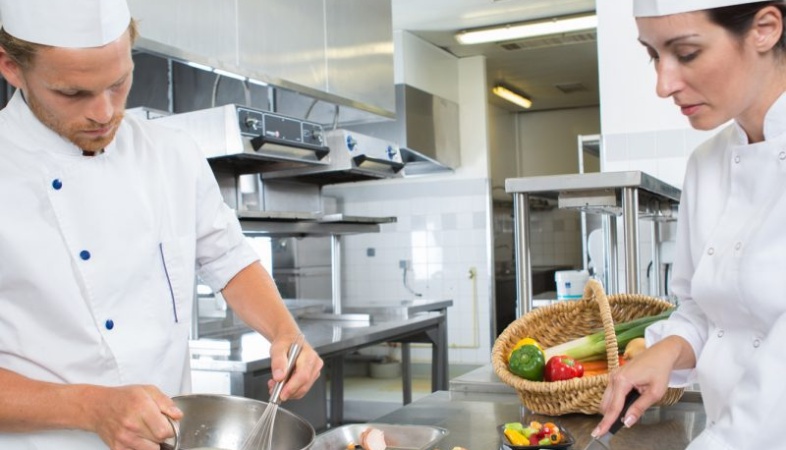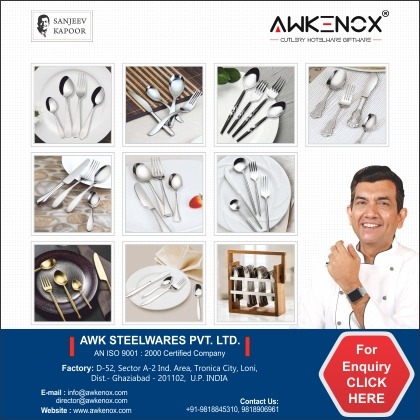Digital Culinary Classrooms: Online Learning in the Kitchen
Digital culinary classrooms offer a wide range of courses and resources designed to cater to individuals of all skill levels and interests.
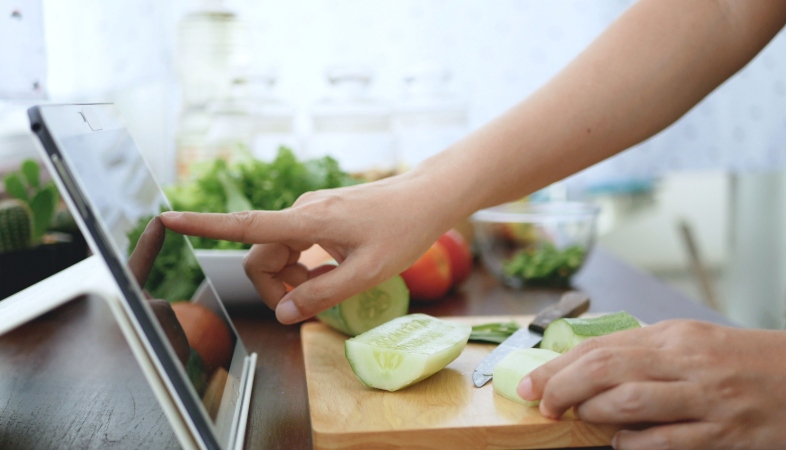
The culinary world has embraced the digital age, with online
learning platforms offering a wealth of opportunities for aspiring chefs and
cooking enthusiasts to hone their skills and expand their culinary repertoire
from the comfort of their own kitchens. From virtual cooking classes to
interactive tutorials, digital culinary classrooms have revolutionized the way
people learn about food and cooking, making culinary education more accessible and
convenient than ever before. In this article, we delve into the world of
digital culinary classrooms, exploring the benefits, challenges, and evolving
landscape of online learning in the kitchen.
With the proliferation of smartphones, tablets, and high-speed internet connections, online learning has become increasingly popular across all industries, including the culinary arts. Digital culinary classrooms offer a wide range of courses and resources designed to cater to individuals of all skill levels and interests, from beginners looking to master basic cooking techniques to seasoned professionals seeking to refine their culinary expertise. These courses cover a diverse array of topics, including knife skills, baking fundamentals, international cuisines, and advanced culinary techniques, providing students with a comprehensive culinary education tailored to their specific goals and interests.
One of the primary benefits of digital culinary classrooms is their flexibility and convenience. Unlike traditional culinary schools, which often require students to adhere to rigid schedules and commute to physical locations, online learning platforms allow students to access course materials and participate in classes at their own pace and on their own schedule. This flexibility is particularly appealing to individuals with busy lifestyles or other commitments, such as full-time jobs or family responsibilities, who may not have the time or resources to attend traditional culinary school programs.
Additionally, digital culinary classrooms offer a diverse and dynamic learning environment that caters to a wide range of learning styles and preferences. Through a combination of video tutorials, interactive quizzes, written materials, and virtual cooking demonstrations, students can engage with course content in ways that are interactive, immersive, and engaging. Many online learning platforms also feature community forums, where students can connect with instructors and fellow learners, share tips and recipes, and seek advice and feedback on their culinary creations.
Despite the numerous benefits of digital culinary classrooms, there are also some challenges and limitations associated with online learning in the kitchen. One of the main challenges is the lack of hands-on experience and direct interaction with instructors, which can be essential for mastering certain culinary techniques and developing practical skills. While video tutorials and virtual demonstrations can provide valuable guidance and instruction, they may not fully replicate the experience of working in a professional kitchen or receiving personalized feedback from a chef instructor.
Another challenge is the need for access to adequate kitchen facilities and equipment. While some online courses are designed to be accessible to individuals with limited kitchen space or equipment, others may require students to have access to specific tools and ingredients in order to fully participate in the learning experience. This can be a barrier for individuals who may not have access to well-equipped kitchens or who may be working with limited budgets.
Despite these challenges, digital culinary classrooms continue to evolve and innovate, offering new opportunities for culinary education and skill development. As technology advances and online learning platforms continue to expand, the future of culinary education looks increasingly digital, with virtual classrooms and interactive learning experiences becoming increasingly integrated into the culinary landscape.
.png)




